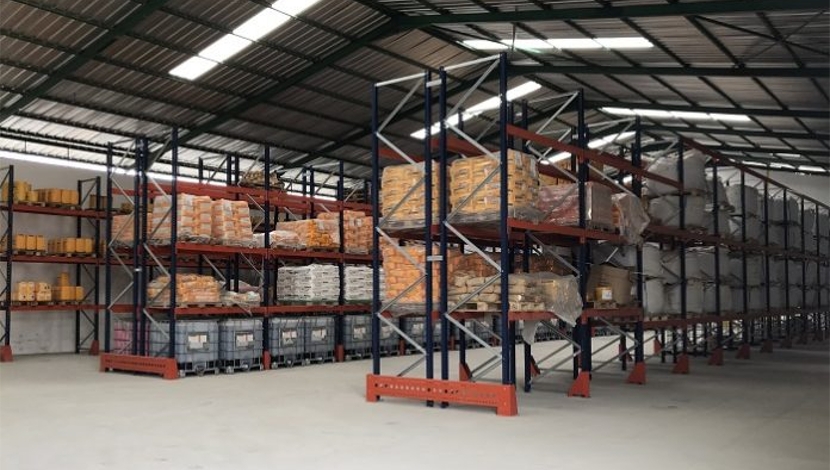

Cement and concrete advisory body The Concrete Institute (TCI) MD Bryan Perrie is concerned about the quality and metrology of cement imports. He explains that all cement has to be certified by a body approved by the National Regulator for Compulsory Standards (NRCS) as being compliant with technical regulations in respect of the conformity of a product or service to national health, safety or environmental protection requirements before it can be sold domestically.
The NRCS – an autonomous regulatory body under the jurisdiction of the Department of Trade and Industry – inspects imports and companies then require a letter of authority (LOA) from the NRCS for each product before they are permitted to import products into South Africa.
Perrie’s concerns stem from the results of sample testing conducted by TCI members, which have shown that some imports are of an inferior quality and/or that the quantity of the actual product is inconsistent with the quantity stipulated on the bag.
“There have been samples where the stated mass and the actual mass of the product do not correlate.”
These assertions have been made before and there have been numerous complaints from local cement manufacturers dating back to 2013. However, the NRCS has always maintained that the incidence of noncompliance is too low to be a major concern.
Perrie believes that noncompliance is underreported and, while many cement importers claim compliance, access to the NRCS report is restricted. This means that concerned parties cannot verify NRCS methods, results or that the required frequency of sampling and testing is carried out. However, the NRCS does allow access to the LOA database – which lists the brand name of the product, its date of approval, approval number and the standard for which the product was tested.
He also believes that the NRCS should employ additional inspectors to perform more tests, as up to one-million tonnes of bagged cement is imported a year, and it is not clear whether all the required sampling and testing of imported cement is carried out.
The South African industry has agreed to adopt European Standards (ENs) which will replace current South African standards.
Perrie says that the TCI, in conjunction with working groups from the South African Bureau of Standards (SABS), is developing complementary South African National Standards to the EN documents which will give guidance on how the EN documents will be used in South Africa.
“If everything goes to plan, no one would need to refer to the EN codes or test methods – the complementary documents will explain everything.”





